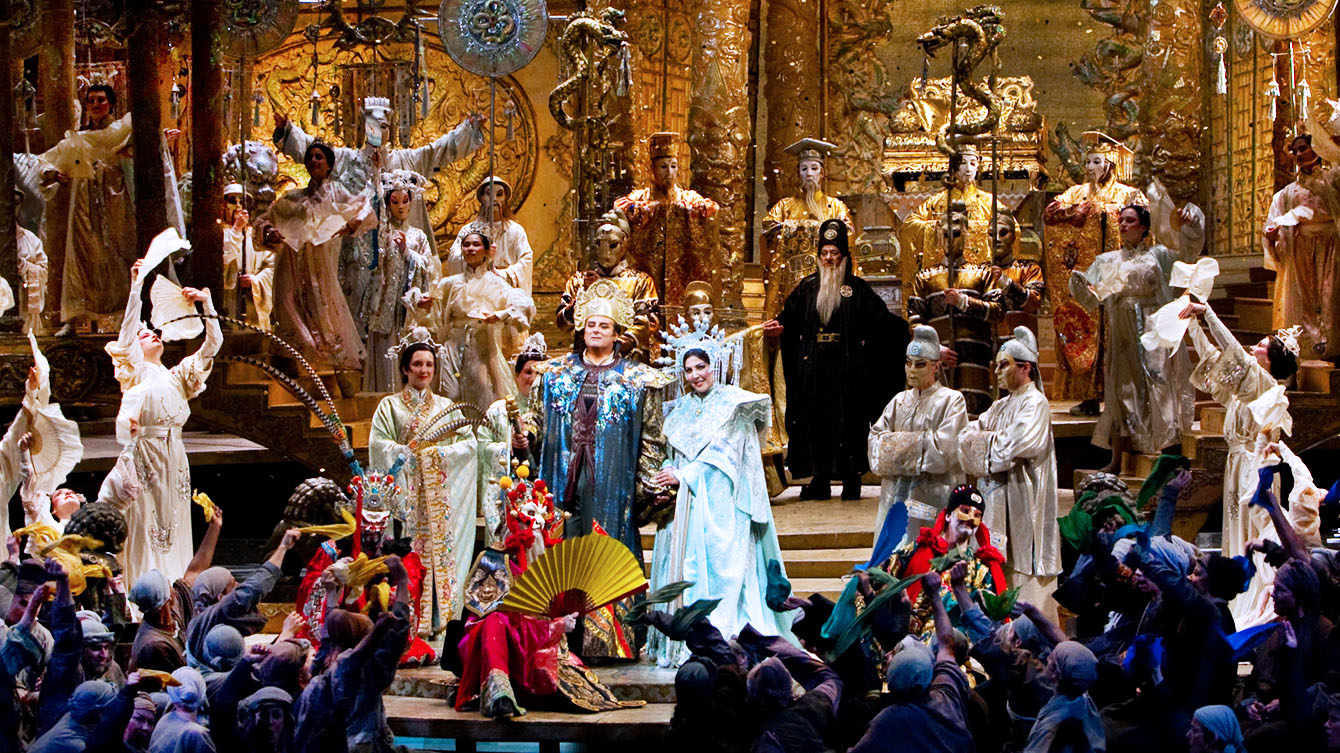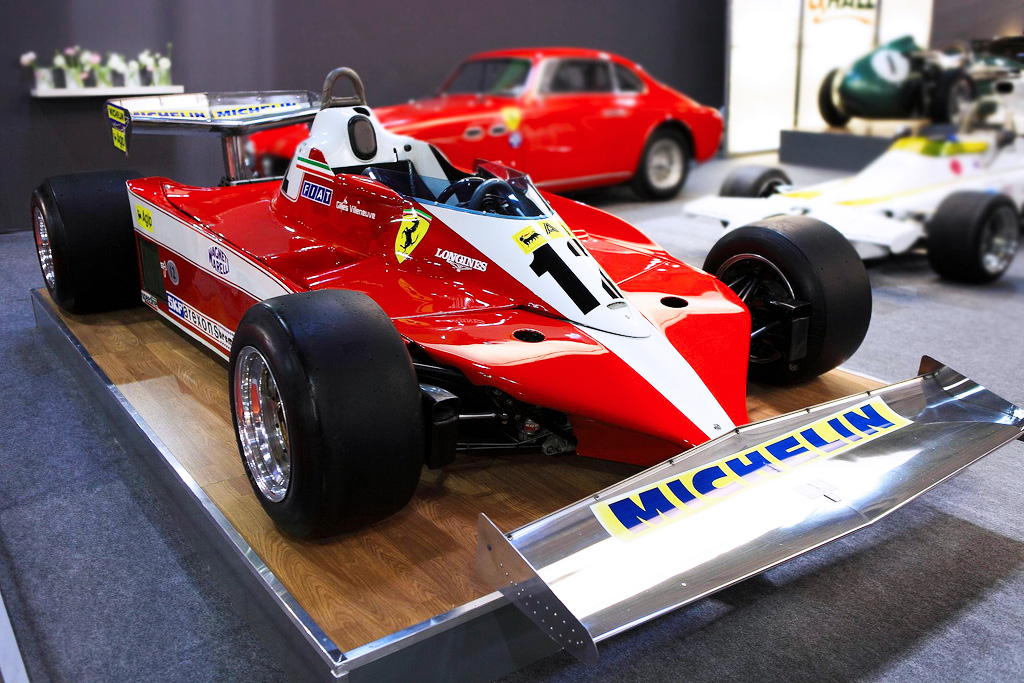By Dr. John L. DiGaetani
The Metropolitan Opera opens its fall season with a spanking new production of Bellini’s “Norma” by Sir David McVicar and it succeeded admirably. This production emphasized the tragic quality of the opera while its music is not always tragic in tone. The shades of gray and black emphasized this tone, while the sets and costumes emphasized the poverty and desperation of the French Druids under the domination of the powerful Romans, who even seduce their vestal virgins.
Joseph Calleja sang Pollione, the arrogant and often brutal Roman Consul in Gaul, seducing two Druid virgins, but Calleja also emphasized the needy quality of this character. He sang the high tessitura of this tenor role with coloratura accuracy and conviction. Marina Rebeka, a new Latvian soprano, sang the title role of Norma with real beauty of tone, accuracy and dramatic intensity. She sounded more like a dramatic soprano than a coloratura soprano and Bellini wanted both in the role, but still she succeeded in making Norma both dominating and desperately in love with the Roman officer.
Joyce Di Donato sang Adalgisa as a truly lonely woman and her lovely mezzo-soprano voice made her a wonderful foil to Norma. Their duets together were both beautiful and moving as the two women gradually discover they are both in love with the same man. Matthew Rose as Norma’s father Oroveso was impressive with his wonderful basso singing and dramatic conviction. His final duet with his daughter became in many points the dramatic high point of the opera.
Carlo Rizzi, who has conducted this opera for the last twenty years at the Met, certainly knows this score well and his leadership added subtlety to Bellini’s melodic score. Rizzi also conducts Puccini’s “Turandot” at the Met and here too, he succeeded with Puccini’s more complicated orchestral score.
Franco Zeffirelli’s production of “Turandot” is now thirty years old, but it still receives applause from this audience. The Met certainly has gotten its money’s worth out of Zeffirelli’s magnificent productions which have lasted more than a generation and continue to please audiences today. In this production, Zeffirelli captures all of the Oriental splendor of the throne room of the Forbidden City – or at least an operatic, Western fantasy of the actual palace in Beijing.
In this revival, the new Ukrainian soprano Oksana Dyka sang the title role with all of the strength of a dramatic soprano who also has a secure and easy top; her high notes were accurate and did not wobble. Her Italian diction impressed as well and her acting communicated both the neurotic ferocity of this Chinese princess and her warmth once she falls in love with Calaf.
Her foil was certainly the character Liu, sung beautiful and with a very warm tone by the new Italian soprano Maria Agresta. The sympathetic warmth of her lyric soprano voice made for a dramatic contrast to Turandot’s pathological iciness.
Aleksandrs Antonenko’s Calaf was always solid and heroic, though I wish his acting had more conviction, but he certainly impressed as a truly heroic tenor who was always audible even when singing over a large chorus and orchestra. Puccini certainly used the orchestra in a musically subtle way in this, his final opera. James Morris’ Timur sounded impressive and dramatic throughout. That this bass/baritone can succeed in both German and Italian roles remains impressive and the fact that he has sung over one thousand performances at the Met illustrates his long record of success.
Ping, Pang and Pong were a lively trio of court advisors sung by Alexie Lavrov, Tony Stevenson and Eduardo Valdes. Their comic cynicism contrasted well with the passionate intensity of the heroic characters, as in Carlo Gozzi’s play, the source for this opera. In this performance, even the old Chinese Emperor Altoum was in the very capable voice and hands of Ronald Naldi. These two great Italian operas, a tragedy by Bellini and a comedy by Puccini, dominate this fall season at the Met.





